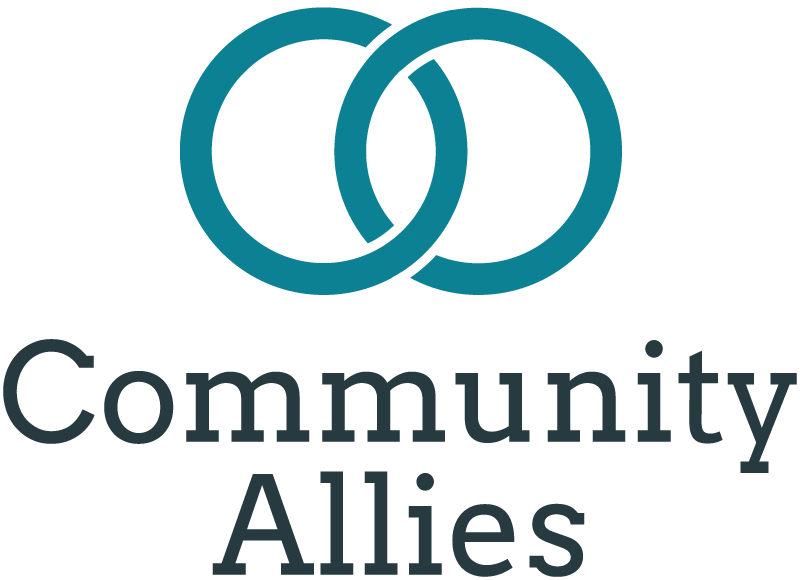Urban Institute
Nationwide
Challenge
In 2018, the Urban Institute collaborated with the Robert Wood Johnson Foundation and the Federal Reserve Bank of San Francisco to study how multi-site, cross-sector initiatives can change systems to increase community residents’ health, well-being, and equity. The project was framed by questions about integrating racial equity and community empowerment into initiative models. Urban Institute sought to use insights from funders, evaluators, practitioners, and policy experts to answer a series of research questions generated in a first phase of work, grounding the knowledge gleaned from academic and field literature in the wisdom of people doing work on the ground.
The Urban Institute asked Community Allies to design and facilitate a 2-day convening, bringing together systems change practitioners from across the country to share insights on best practices for multi-site, cross-industry projects. In planning the session, Community Allies sought to ensure that we provided real value to participants, in the form of connections to peers, shared ideas, and opportunities to meaningfully shape funders’ approach to resourcing work. One significant challenge was how to elicit honest feedback from practitioners with funders in the room.
Approach
For this convening, Community Allies drew on our expertise in systems change and collective impact, as well as our deep knowledge of and experience in economic equity. Our goal was to provide a space conducive to candid conversation about the successes and challenges of multisite, cross-sector initiatives and about the racial and power dynamics within the work and between its various players.
Before the convening, Community Allies met with staff from the Urban Institute, the Robert Wood Johnson Foundation, and the Federal Reserve Bank of San Francisco to confirm their goals and the research questions. To ensure that the meeting would have value for participants, we sent them a pre-session survey asking what they would find meaningful, including this central question: “If we have successfully embedded racial equity into every part of this agenda, what would it look like to you?” The answers gave us critical information about where we needed to adjust our strategy and what issues would need to be aired.
At the session, Community Allies led 40 practitioners, funders, and evaluators in small and large group discussions designed to ensure that all voices were heard and to encourage connections between participants. Topics and exercises included:
Development of group agreements for accountability around racial equity during the convening
Making individual sketches of the systems they were seeking to change and collecting information about current collaborations and common successes and barriers
Small group sharing about communities successfully co-designing their own systems change work and how to empower other communities to do so
World Café-style feedback on the Urban Institute’s findings to date
Perhaps most importantly, we broke them into groups by role—funder, practitioner, evaluator, and intermediary—for a discussion and report out on what each group needed from the others to make their work successful. This led to a candid and sometimes emotional discussion about the ongoing lack of access to power and resources for communities of color and the need for funders to shift to more trust-based models.
Results
The convening resulted in a body of data that the Urban Institute, Robert Wood Johnson Foundation and the Federal Reserve Bank of San Francisco used to resource systems change efforts, with findings published in their report, Driving Systems Change Forward: Leveraging Multisite, Cross-Sector Initiatives to Change Systems, Advance Racial Equity, and Shift Power.
“Ellen was a great thought partner in developing the agenda for and facilitating a complex meeting among grantees, funders, and evaluators. Her personal knowledge of community development and community engagement helped a great deal throughout the process.”
Put Community Allies to work for you
Share this story:

